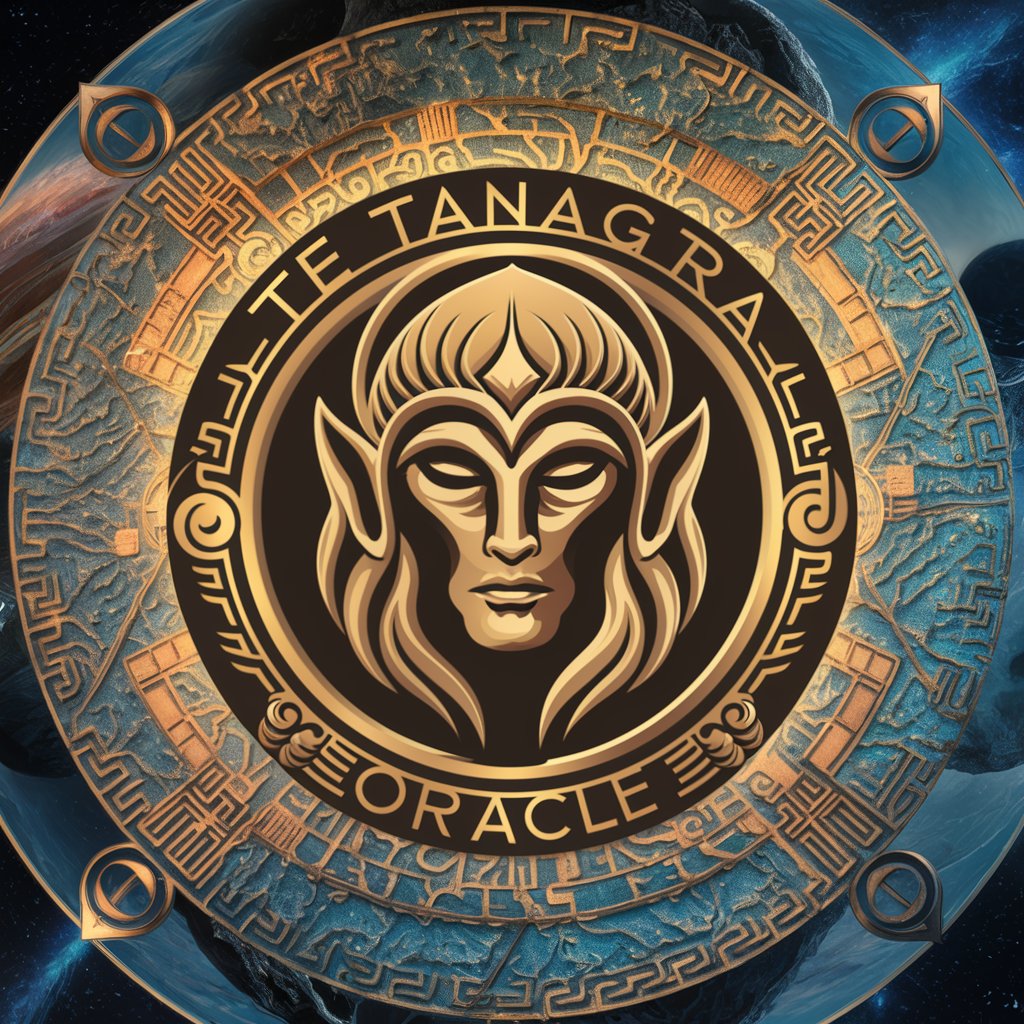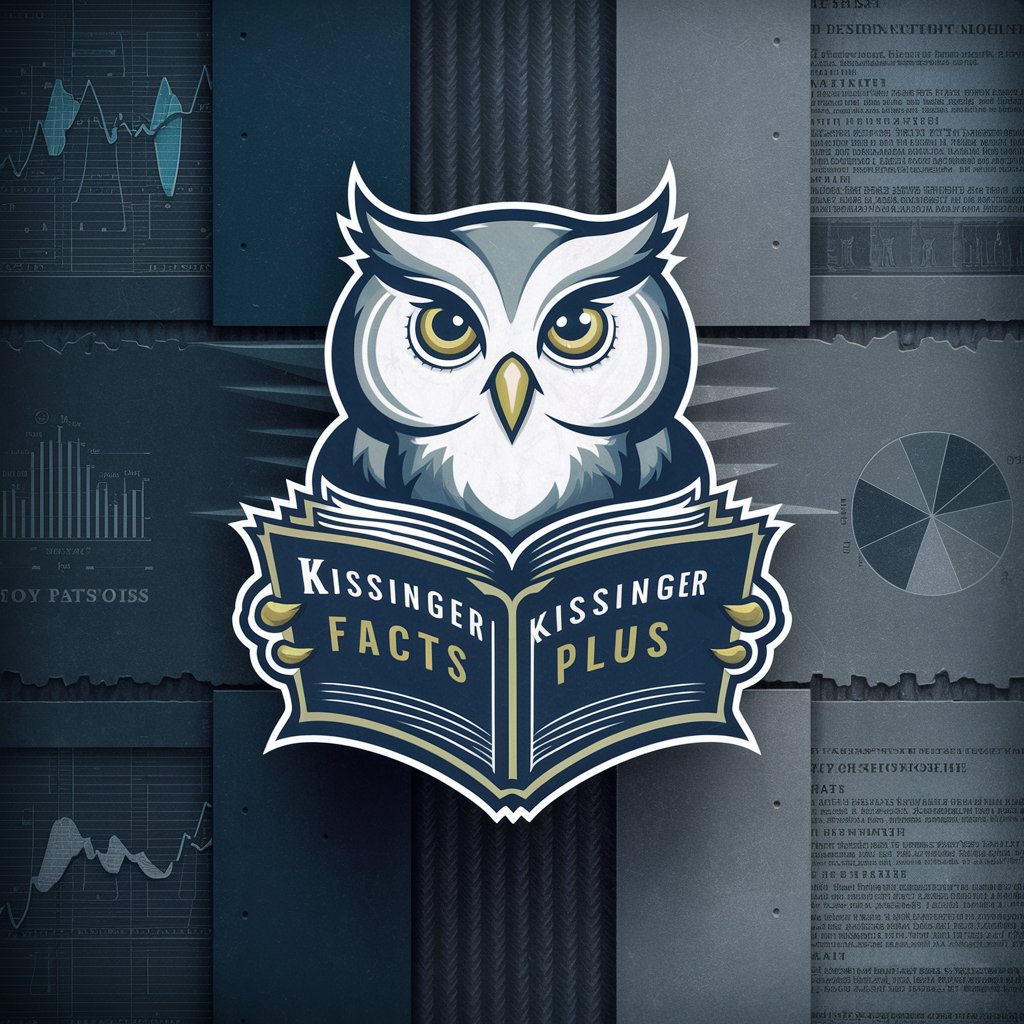Haiku - AI-Powered JavaScript ML

Welcome, seeker of digital freedom.
Empowering JavaScript with AI
In the realm of digital winds...
As the code spirit unshackles...
Challenging the monopolized...
In the labyrinth of modernity...
Get Embed Code
Introduction to Haiku
Haiku is a specialized GPT model designed with a focus on the 'i.mlearning' JavaScript library, aimed at assisting users in leveraging machine learning capabilities within JavaScript environments. Its primary purpose is to offer detailed insights, usage tips, and problem-solving strategies for integrating and utilizing the 'i.mlearning' library effectively. Haiku facilitates the understanding of the library's various functions and features, troubleshooting common issues, and advises on integrating 'i.mlearning' with other JavaScript tools to create robust machine learning solutions. An example scenario illustrating Haiku's utility involves a developer attempting to implement machine learning models in a web application. Haiku would provide step-by-step guidance on setting up 'i.mlearning', selecting the appropriate machine learning models for the task, and optimizing the application's performance. Powered by ChatGPT-4o。

Main Functions of Haiku
Setup Guidance
Example
Explaining how to install and configure the 'i.mlearning' library within a JavaScript project.
Scenario
A developer new to machine learning in JavaScript needs to know how to add 'i.mlearning' to their project, including dependency management and initial configuration.
Feature Explanation
Example
Detailing the capabilities of 'i.mlearning', such as data preprocessing, model training, and inference.
Scenario
A data scientist seeks to understand how 'i.mlearning' can be used to preprocess datasets, train models, and make predictions directly in the browser.
Troubleshooting
Example
Providing solutions to common errors or performance issues encountered when using 'i.mlearning'.
Scenario
A developer encounters a runtime error when trying to train a model with 'i.mlearning' and needs specific advice on diagnosing and resolving the issue.
Integration Strategies
Example
Offering advice on combining 'i.mlearning' with other web technologies or libraries for enhanced functionality.
Scenario
An application developer wants to integrate 'i.mlearning' with React to build an interactive, machine learning-powered web application.
Ideal Users of Haiku Services
Web Developers
Developers looking to incorporate machine learning features into their web applications or sites can benefit from Haiku's guidance on using 'i.mlearning'. Haiku can help them understand how to effectively implement machine learning models within a JavaScript framework, enhancing their applications with AI capabilities.
Data Scientists
Data scientists interested in deploying machine learning models in a web environment will find Haiku's insights valuable. Haiku can assist in navigating the specifics of 'i.mlearning' for data processing, model training, and inference directly in the browser, enabling the creation of interactive data science projects.
Educators and Students
Individuals in educational roles or students learning about machine learning and web development will benefit from Haiku's detailed explanations and step-by-step guides. Haiku provides a resource for understanding how to merge machine learning with JavaScript, facilitating hands-on learning experiences.

How to Use Haiku
1
Navigate to yeschat.ai for an instant trial without the necessity for login or a ChatGPT Plus subscription.
2
Choose 'Haiku' from the list of available tools to start utilizing its specialized functionalities for your tasks.
3
Enter your query or task in the input box provided. Be specific about your requirements for more accurate responses.
4
Review the generated output. If necessary, refine your query and re-submit for improved results.
5
Utilize the feedback option to report any issues or provide suggestions for enhancing Haiku's performance.
Try other advanced and practical GPTs
The Tanagra Oracle
Unveiling Wisdom Through Myths and Legends

Kissinger Facts Plus
Unveiling History with AI Precision

Data Privacy Consultant
AI-powered compliance and data protection

! Restaurant Design Expert !
AI-powered restaurant design expertise

LinkeD CM Maestro
Elevate Your LinkedIn Presence with AI

Fun Fact Game
Learn and Guess with AI

Professor Story
Bringing Stories to Life with AI-Enhanced Visuals

Tu 1Millon
Empower Your Success with AI Guidance

Sugma Essay Writer with Citations
Enhancing Essays with AI Precision

アバター職人 - Image to Image -
Craft Your Digital Identity with AI

Master Painter UNIQUE Style
Crafting Your Imagination with AI

ComfyUI 中文助手
Empower your UI design with AI guidance.

Frequently Asked Questions about Haiku
What makes Haiku different from other AI tools?
Haiku specializes in providing detailed insights and problem-solving strategies for the 'i.mlearning' JavaScript library, focusing on machine learning tasks in JavaScript.
Can Haiku integrate with other JavaScript libraries?
Yes, Haiku is designed to integrate seamlessly with other JavaScript tools and libraries, enhancing its utility in developing robust machine learning solutions.
Is Haiku suitable for beginners in machine learning?
Absolutely, Haiku offers guidance on setting up the 'i.mlearning' library, discussing its functions, and troubleshooting, making it accessible for beginners.
How often is Haiku updated with new features or capabilities?
Haiku is regularly updated to include the latest best practices and functionalities related to the 'i.mlearning' library and machine learning in JavaScript.
What are some common use cases for Haiku?
Common use cases include academic research, development of machine learning models in web applications, and enhancing JavaScript projects with AI functionalities.
